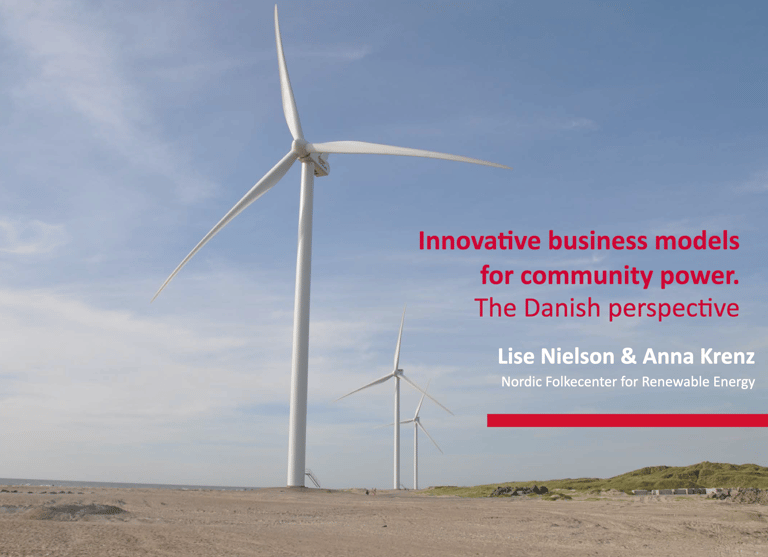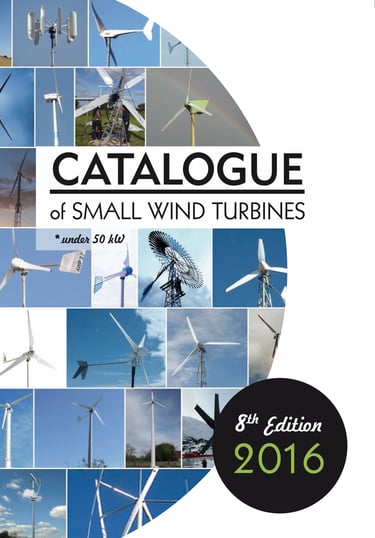Sustainable development
& renewable energy
Completing my education in architecture and Energy, Environment & Sustainable Design programme (Architectural Association) and cooperating with Nordic Folkecenter for Renewable Energy for over 25 years, I work towards sustainable architecture, compact urban development and green energy future. Part of my work is writing and lecturing about renewable energy, promoting decentralised energy systems based on renewable energy sources and local acceptance.
Preserving natural environments and saving trees is a lifelong task, fulfilled with actions and art projects. My mission is to develop ideas and strategies and to give things a form - either an illustration or text. Or a book. I make drawings and graphic works to inform, inspire and make it easy to understand (=accept) how renewable energy works.
Combating climate change does not mean a mere fight AGAINST, it can be work FOR comfort, green future and nature. As being against is not enough.
Research focus: renewable energy, energy democracy, acceptance, sustainable development, environmentalism and trends, urban development, compact city model

Good practice
Denmark has a long tradition of non-profit community-owned energy supply (consumer cooperatives and municipalities). Situation changed when Denmark implemented the European Internal Energy Market policy, liberalising the energy supply and allowing large companies to produce energy.
Today, district heating CHP plants, based on renewable energy, supply energy to almost all Danish towns. They are owned by local consumer cooperatives and municipalities, based on non-profit ownership schemes.
In the early 1980s, the majority of wind turbines installed in Denmark, were owned by local citizens organised in cooperatives. Today, it is only 20% of local wind power projects that are owned by local citizens. This been an important factor in the rising number of local protests against large wind power projects.
It is time to start developing all renewable energy projects in a democratic way to ensure local community support and the maximisation of local benefits. Community ownership of power production reduces electricity prices for consumers, supports local development, promotes energy democracy and increases local acceptance.
Differences between community ownership and commercial ownership of power production, which lead either toward local acceptance or protests will be discussed on the example of best practice in Denmark – community owned wind power project in Hvide Sande.
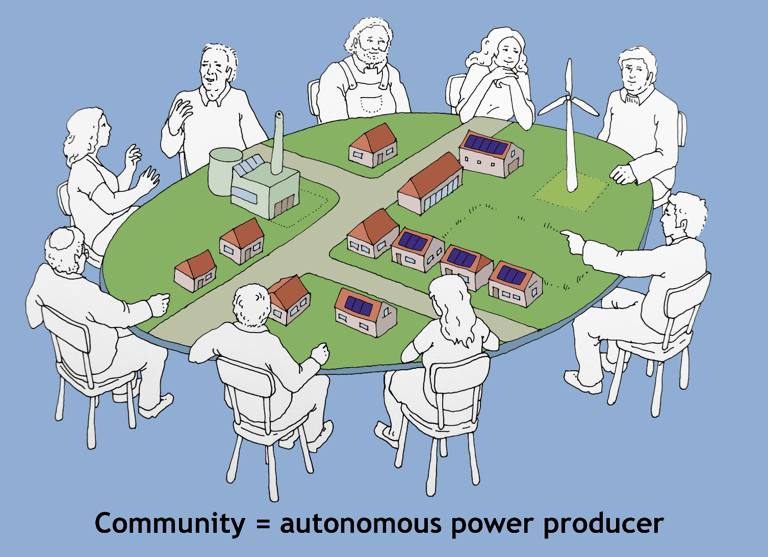

Lectures & Articles
Choice
PoweringCitizens. Panel on Energy Democracy across Europe: The agenda featured a panel on energy democracy in Europe, where experts discussed the state of citizen participation in energy generation and decision-making with speakers: Anna Krenz, Nordic Folkecenter for Renewable Energy (Denmark); Meivis Sturga, ETMI (Albania), Jerome R. Haßler, Climate Adaption Manager of the city of Luckau (Germany)., 01/10/2024, Europäisches Haus, Berlin
15th European Democracy Conference
The EU at a Crossroads: Perspectives on Europe’s Future after the Elections, panelist, 2.7.2024, Berlin, Orga: Heinrich Böll Stiftung, more >>>
"Mellen vision og praktisk innovation"
by Anna Krenz
in Vinden blæser stadig: Aktionsforskning, da danske SMV'ere og Folkecenter banede vejen for det danske eventyr med vedvarende energi, Published by: Nordic Folkecenter for Renewable Energy, 2024, (in Danish)
READ ENGLISH TEXT >>>
“Between vision and practical innovation - 22 Years of Collaboration with Folkecenter”, by Anna Krenz, lecture
THE WIND IS STILL BLOWING Conference, Community action including research in Renewable Energy - Danish SMEs and Folkecenter paved the way for the Danish Renewable Energy Adventure, 21-25.6.2023
"More diversity in the climate debate"
Panel with: Rita Trautmann, Anna Krenz and Iranische Gemeinde Berlin*, EU24 - ENGAGE 4THEPLANET, Franz-Mehring-Platz 1, Berlin, 17.11.2022
“Paving the Way Towards Resilient European Civic Cooperation”
(Concept paper) with: Dr. Sabrina Schulz, Thilo Buchholz, Jose Miguel Calatayud, Ognyan Georgiev, Anna Krenz, Valerie Sternberg, Ffion Storer Jones.
Published: 1.12.2020, as part of the project “Daring New Spaces: Striving towards a European Public Sphere”.
Title: The New Online Catalogue of Small Wind Turbines
Speakers: Anna Krenz, Designer & Daniele Pagani, Capacity Building Coordinator, 4th International Conference for Small and Medium Wind Energy, 2020, Nordic Folkecenter for Renewable Energy & Danish Test and Resource Center for Small Wind Turbines, Denmark
Video: Watch
RENEWABLES 2019. GLOBAL STATUS REPORT - A comprehensive annual overview of the state of renewable energy. REN21 > https://www.ren21.net/gsr-2019/
Peer reviewer
“Innovative business models for community power. The Danish perspective” (lecture)
by Anna Krenz and Lise Nielson / Folkecenter for Renewable Energy,
The 2nd International Conference on Community wind Power, Bamako, Mali, 8-10 November 2018
“Journalism for renewable energy” (workshop)
by Anna Krenz, Lise Nielson / Folkecenter for Renewable Energy, Lars Zbinden Hansen, Franz Alt
The 2nd International Conference on Community wind Power, Bamako, Mali, 8-10 November 2018
"Bottom-up solutions for 100% renewable energy"
presentations by Anna Krenz, Daniele Pagani, Leire Gorronho, Tonny Brink, Nordic Folkecenter for Renewable Energy, COP24, 2018, Katowice, Poland
"Integrated Systems to Reduce Global Warming"
by Preben Maegaard and Anna Krenz,
in "Handbook of Climate Change Mitigation and Adaptation", published by Springer International Publishing, 2017
Seminar "Green Economy": "The Economy of the Commons in practice" - round table
Topics: food & energy cooperatives Jakub Rok, Katarzyna Ugryn (HBS Warsaw), Anna Krenz, Led by: Ewa Sufin-Jacquemart. The Green European Foundation, with the support of the Fundacja Strefa Zieleni, the Heinrich Böll Foundation in Warsaw and the European Parliament. Green Summer Academy "Hope and cope" in Puszczykowo near Poznan, 13-16 July 2017
"Puszczykowo – a small town in neighborhood of Greater Poland"
Presentation, at “Hope and Cope” Green Summer Academy, organised by: The Green European Foundation, with the support of the Fundacja Strefa Zieleni, the Heinrich Böll Foundation in Warsaw and the European Parliament, July 2017, Puszczykowo.
"Pioneers of wind energy"
by Anna Krenz, lecture
5th World Non-Grid-Connected Wind Power in Beijing, China, 2013
"Analiza wzrostu efektywności energetycznej w budownictwie duńskim"
by Anna Krenz
in Przegląd budowlany 5/2011 (PDF >>>)
"Zdecentralizowany i zintegrowany system pozyskiwania energii na przykładzie duńskim"
by Anna Krenz
in Przegląd Budowlany, 3/2011
“Niezależnie od sieci. Autonomiczny Zintegrowany System Energii. Case study: Nordic Folkecenter for Renewable Energy, Dania“,
by Anna Krenz
University of Zielona Góra, 2010, Zielona Góra. (in Polish)
“Inicjatywy ożywiania miasta”,
by Anna Krenz
Przegląd Urbanistyczny t.2., 2009 (in Polish)
the 3rd ECOLINK Workshop
How do ecosites contribute to local sustainable development ?
Folkecenter for Renewable Energy, Denmark, 23-25.6.2003
"Environmental education in Architecture - necessity or fashion?"
by Anna Krenz
UIA Konferenz, Alexandria, Egypt, 2003
"Environmentalism and Media"
by Anna Krenz
PLEA Conference, Toulouse [published in proceedings], 2002
Krenz A (2002) Compact City, Theory and Reality. Proceedings of The PLEA 2002 Conference Design With The Environment, Toulouse pp. 613-618.
“Kultura i Natura, w poszukiwaniu równowagi"
by Anna Krenz
Metamorphosis of Architecture, II Konferencja z cyklu Metamorfozy architektury: Architektura współczesna w kontekście natury, 24-25 maj 2002, Gdańsk [published], 2002

There is no future without the past
History of wind power
My focus is the development of wind turbines - from early models to the global industry. We can learn from history, from past mistakes and success, to achieve more sustainable present and future.
Together with Preben Maegaard, late founder and director of Nordic Folkecenter, we edited and wrote a book about the history of wind power (2 volumes, total 1500 pages, over 30 authors from all over the world).
I curate a huge archive of photos spanning decades of work on wind turbine development, as history is not only important but also inspiring.
Wind Power for the World
The Rise of Modern Wind Energy
Edited by: Preben Maegaard, Anna Krenz, Wolfgang Palz
Copyright 2013, Published by Jenny Stanford Publishing
ISBN 9789814364935
This book sheds light on how the modern 3-bladed wind turbine came into being, and who, how and what in the proceeding period caused the success. It looks back over three decades to find the roots of this exciting development, a long cavalcade of developers, inventors, and manufacturers including the Danish authors who themselves were part of the breakthrough. Written for non-specialists, the book covers minimal science, emphasizing the story of how wind power became a worldwide 30-billion-euro business employing nearly one million people.
Book review by Frits Ogg, Renewable Energy Consultant, the Netherlands >>>
Wind Power for the World
International Reviews and Developments
Edited by: Preben Maegaard, Anna Krenz, Wolfgang Palz
Copyright 2013, Published by Jenny Stanford Publishing
ISBN 9789814411899
In part 2 of Wind Power for the World, the editors have collected reports and overviews of wind power status and history in various countries, several written by individuals who have made valuable contributions to the successful emergence of wind power. The chapters cover the uphill struggle; wind energy strategies and policies that paved the way; and the creative persons in politics, agencies, institutes, and the industry. It also examines the world societies at large and how solutions to the challenges were found in different countries.
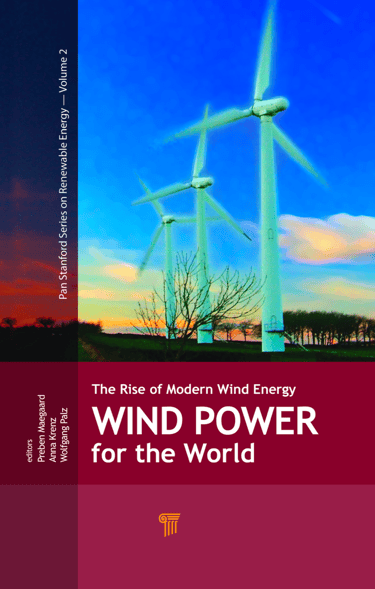

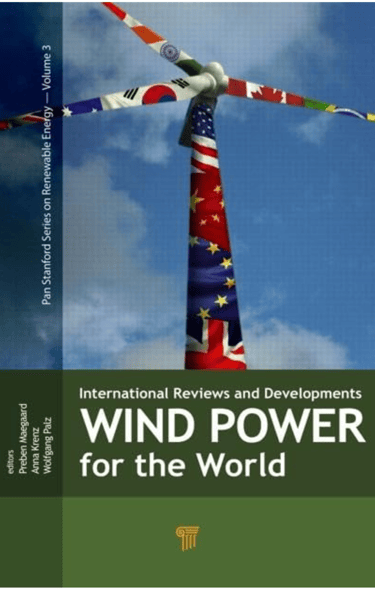

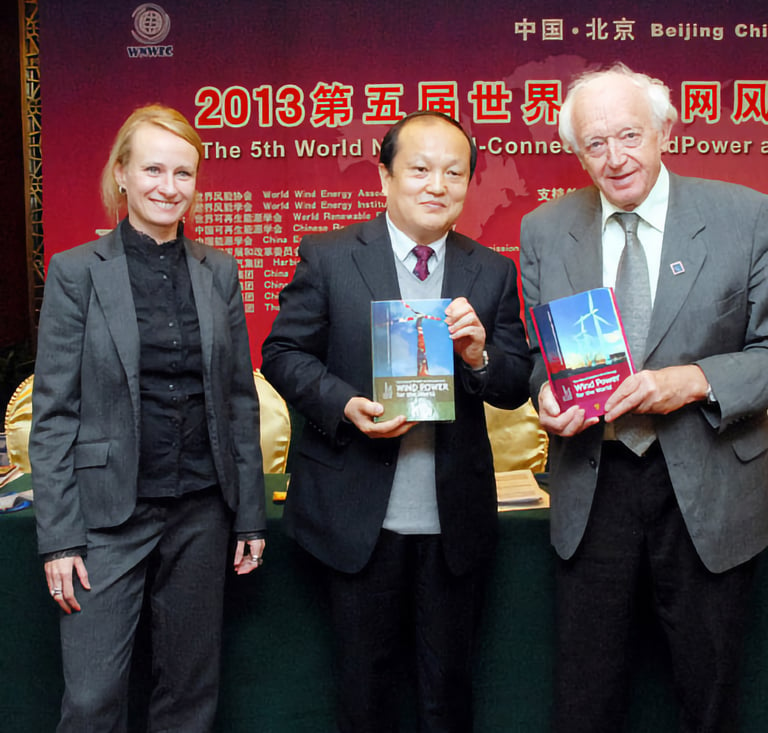

Presentation of the book at the 5th World Non-Grid-Connected Wind Power in Beijing, China, 2013 with Preben Maegaard and Prof. Gu.
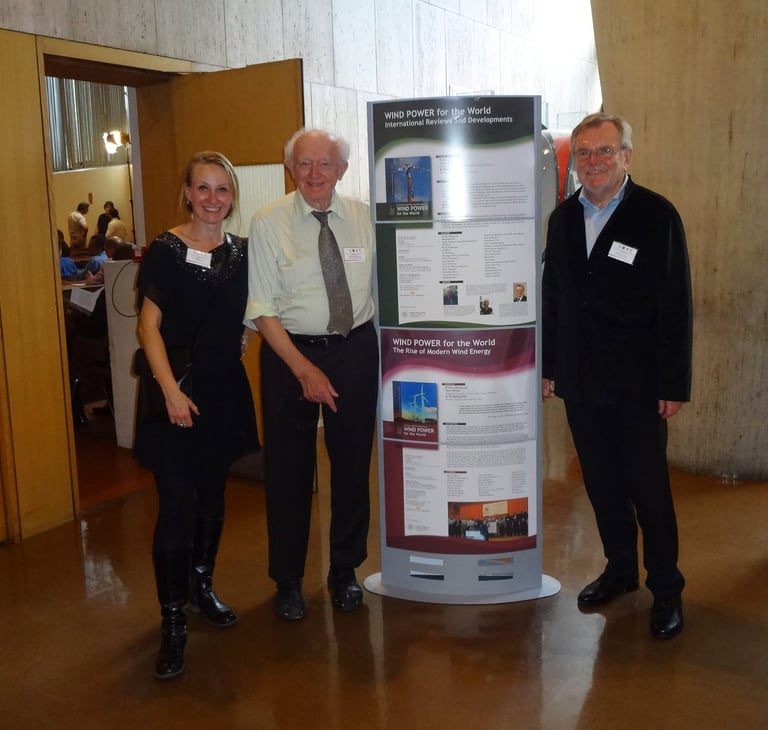

Presentation of the book at a conference in Paris,, 2013 with Preben Maegaard and Wolfgang Palz.
Small WIND TURBINES
Small wind power is a crucial source of energy for off-grid and decentralised power production and consumptions. However, small wind has to compete with wind energy giants and with cheap products from China. European regulations and certificates are needed.
For the 2nd International Workshop on Small and Medium Wind Energy at Nordic Folkecenter in 2019, I wrote a Declaration on Small Wind, signed by participants >>>
From simple catalogues of small wind turbines printed on copy paper, I created professional publications for Nordic Folkecenter with modern layout and informative articles.
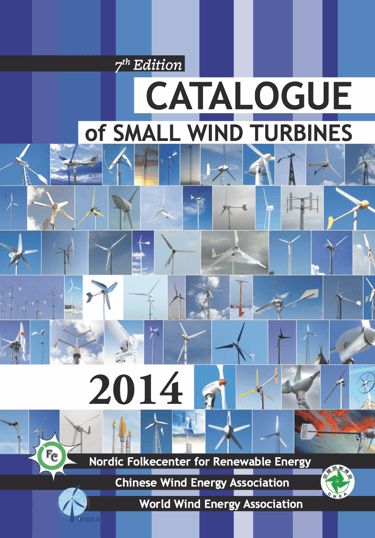

TREES...
Biodiversity is most crucial today than ever. With climate change, weather becomes unpredictable, temperatures severe and water is scarce. On the other hand, built environment still takes over vast amounts of land, turning it to concrete impermeable surfaces. Can architecture be resilient enough? Will the urban fabric withstand fluctuations in temperature, precipitation and wind?
Every single tree is a treasure.
Do not cut down trees!
Bottom up initiative of local activists in Puszczykowo, Poland, against the planned felling of 80 old trees on Grobla Street by the city office. With EU money, the trees were to be cut down to widen the bike path and the street, which was to increase its transit.
16.9.2018
Poster: Anna Krenz
Organisers: activists, Nasze Puszczykowo Association
Patriot Grobla
As part of the “Grobla Patriotka” campaign, on 11.11.2018 (Poland's Independence Day). ribbons in national colours were tied on trees standing in the historic entrance avenue (Grobla) to the city from the side of provincial road No. 430. Collective efforts and patriot campaign saved almost all trees.
Concept: Anna Krenz
Organisers: activists, Nasze Puszczykowo Association, photo: Stowarzyszenie Ekologiczne Puszczykowo
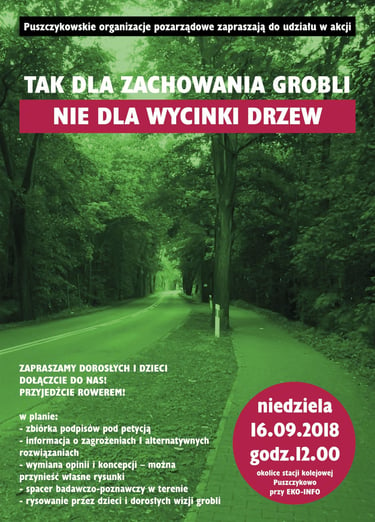

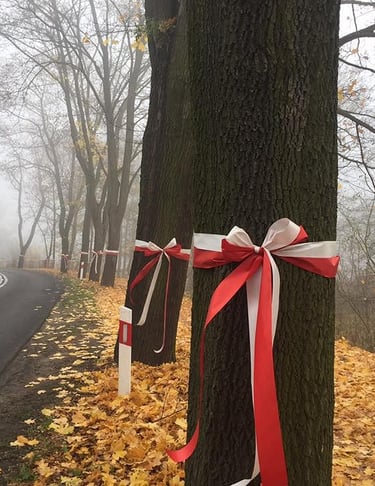

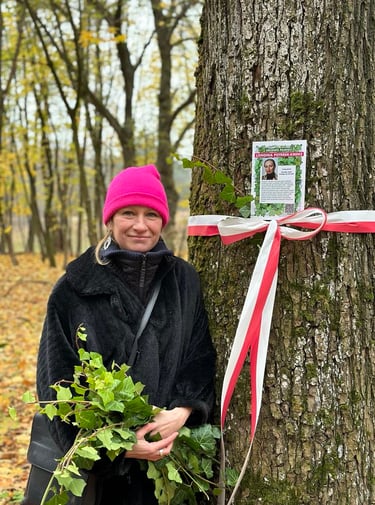

Alley of Women of Puszczykowo
Aleja Puszczykowianek - Trees on Grobla street were named after historical women of Puszczykowo. Part of the HERstory project "Women of Puszczykowo, heroines of bygone days".
Graphic works: Anna Krenz
Project by: Anna Schmidt Fiedler and Anna Krenz, Team: Aga Ostrowska, Beata Durczewska, Anna Sokolnicka - Elzanowska, Maciej Krzyżański.
Organisation: Key4Tomorrow Foundation
MORE about the project >>>
Renewable Energy in Africa
Work with Nordic Folkecenter on renewable energy projects in Africa.
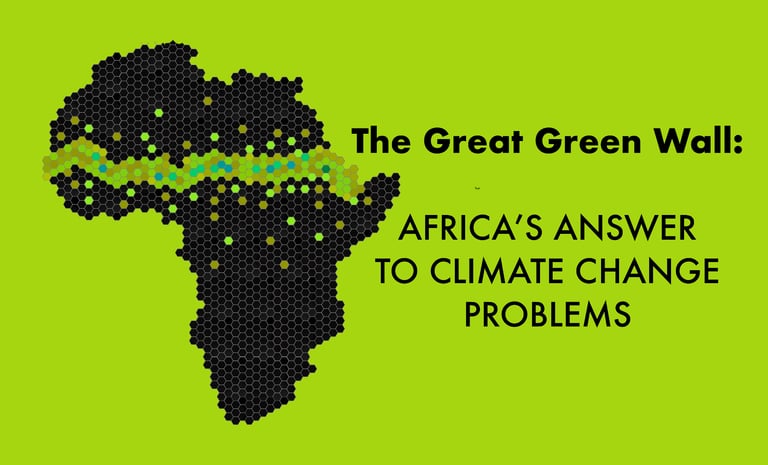

Speakers
Energising the Great Green Wall Initiative through the adoption and Combining Renewable Energy and AgroEcology – the case of Agrivoltaic promotion by Mali-Folkecenter Nyetaa in Mali – Ibrahim Togola, founder of Mali Folkecenter
Presentation of the initiative – Dr. Elvis Paul Tangem, coordinator of the Great Green Wall Initiative
Tree Conservation and Planting Initiative in Uganda – Ruth Kiwanuka, CEO of JEEP Folkecenter Uganda
Webinar: The Great Green Wall: Africa’s answer to climate change problems
The Great Green Wall initiative is a ambitious and innovative environmental project aimed at combating desertification, climate change, and biodiversity loss in Africa. The project involves the creation of a massive forested belt spanning across the Sahel region from Senegal in the west to Djibouti in the east, covering over 8,000 kilometers.
The Green Wall project is implemented through a multi-stakeholder approach, involving governments, local communities, non-governmental organizations, and international partners. This collaborative effort ensures the participation of local communities in decision-making processes, fosters ownership of the project at the grassroots level, and promotes the sharing of knowledge and best practices.
What makes the Green Wall particularly intriguing is its potential for replication and adaptation in regions beyond Africa facing similar environmental threats. The project’s emphasis on utilizing indigenous plant species, implementing agroforestry techniques, and harnessing renewable energy for sustainable land management showcases innovative solutions that can be applicable in diverse geographical contexts.
Organisers
Nordic Folkecenter for Renewable Energy
The Nordic Folkecenter for Renewable Energy is a Danish non-profit independent organisation working for a world running on renewables since 1983. Our ultimate long term goal is a complete replacement of fossil fuels and atomic power with renewable energies & energy savings while promoting the sustainability, resilience and development of local communities around the world.
Mali Folkecenter
Mali Folkecenter is based in Bamako in Mali. Mali Folkecenter (MFC Nyetaa) is a Malian NGO founded in 1999. Since its start, MFC Nyetaa has grown considerably and has activities all over the country today. MFC Nyetaa’s mission is to get different institutions to work collectively towards the goal of sustainable development in Mali. MFC Nyetaa works with sustainable resource management, to inspire and motivate the young to take action, poverty alleviation and they have a strong focus on renewable energy.
JEEP Folkecenter Uganda
JEEP is a non-governmental organization working for a green Uganda with an environmentally safe and clean habitat for the present and future generations. Located in the Pearl of Africa, where biomass accounts for 93% of the entire energy used, our mission is to combat environmental destruction, promote efficient management of natural resources and conserve natural resources. JEEP was founded in 1983 after deforestation and soil erosion were identified as major threats to the health and welfare of Ugandans.
